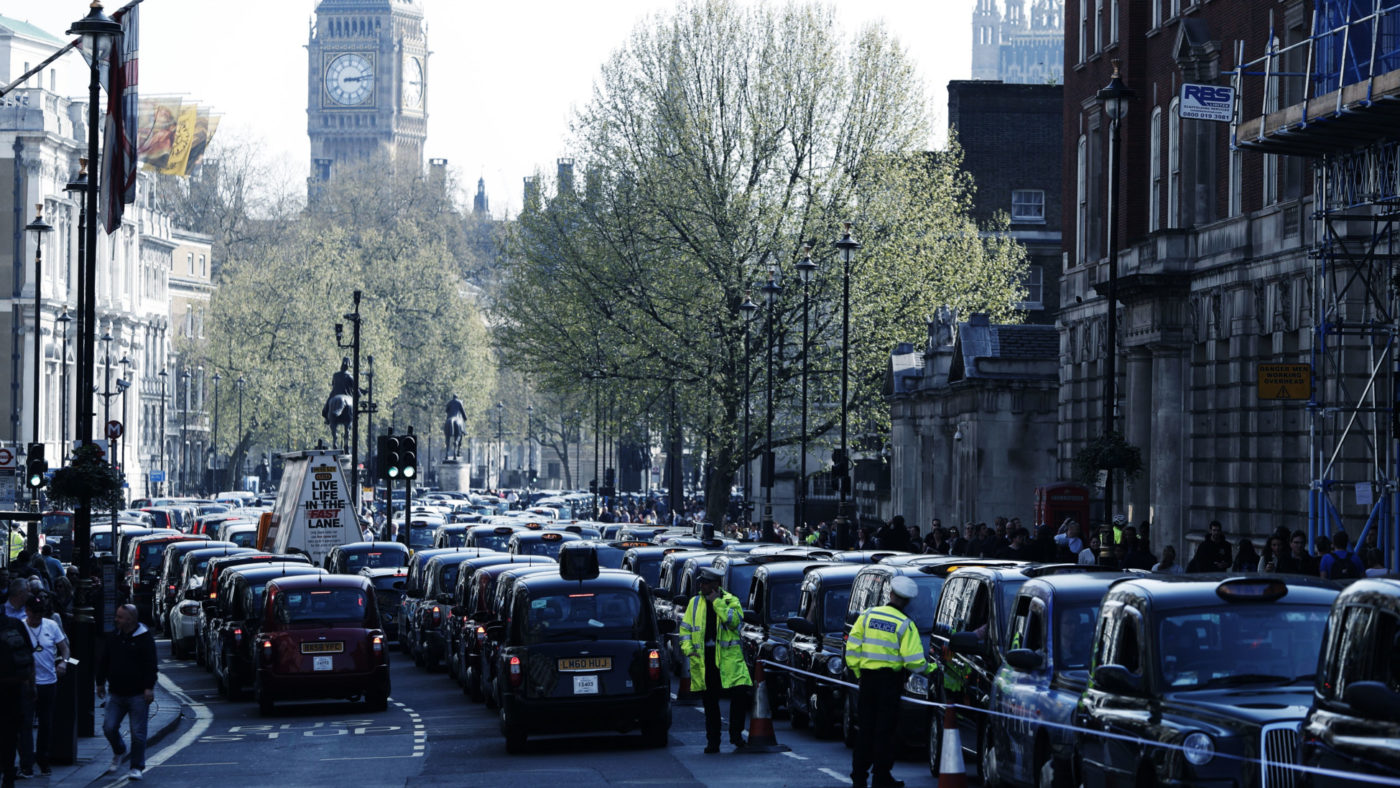Last week, Transport for London (TfL) announced that after Uber’s current licence expires this coming Saturday, it will not renew it. TfL says that Uber fails to meet safety and security requirements regarding its approach to reporting serious criminal offences, to medical certificates, to Enhanced DBS checks, and to the use of its “Greyball” software.
There must of course be a principle that licensing authorities must have the power to withhold licences if the licensee is sufficiently non-compliant. If Uber really is guilty of the failings alleged, it will presumably get its house in order quite quickly and its licence will be restored.
Or it won’t. In which case some other technology platform offering much the same service, which does meet the appropriate safety and security standards, will get a licence and will capture the customers Uber has served up to now.
What is most unlikely to happen – and certainly shouldn’t be allowed to happen – is for the kind of service Uber offers to become unavailable for the long-term. In a modern economy, with flexible working patterns and people wanting to do highly bespoke short pieces of work, exactly when they fancy doing so, technology-brokered piece work, of the Uber type, where the app matches those wanting to offer their minicab services with those seeking a ride, is what both consumers and suppliers want.
TfL unfortunately appears to have allowed the impression to become widespread that its decision to block Uber’s licence on this occasion is part of the wider attempt by taxi drivers internationally to block Uber-type services. One hopes that that was not truly what TfL did – siding with a vested interest to try to keep out innovative new entrants with a superior and cheaper offering.
If it was, then TfL would manifestly have been in the wrong and will presumably be over-ruled in due course or simply swept away by non-compliance (as Uber has swept away resistance elsewhere in the world by simply continuing to operate despite regulatory authorities’ attempts to ban it).
Uber has also been ruled to be an employer in certain US legal cases, and determining whether that is truly so would require detailed scrutiny of specifics going beyond our scope here. Perhaps in some cases, those that provide services via an app are indeed employees of the app platform (e.g. if there were exclusivity). But there is no necessity about an app brokering service really being an employer. If Uber proves unable to make that work, some other platform surely will.
Minicab services of exactly the Uber form (drivers and customers linked by a brokering app) may not be the future for long. Pretty soon, minicabs will presumably all be driverless anyway (though driverless cabs and customers may still be linked by a brokering app). And Uber may turn out to be the Altavista of the minicab app world – replaced by some Google equivalent executing its core concept much better.
But the reality is that app-ordering minicab services of some form are likely to be the future of much, if not most driving altogether (replacing personal ownership of vehicles), let alone the future of hired rides.
Taxis may object, but a minicab is not a taxi. A taxi is a service where the customer hails the taxi in the street. That means there must be a pre-agreed taxi tariff (otherwise the customers and driver would be haggling in the street, blocking the traffic – unlike a minicab where the tariff is agreed when the cab is booked) and the taxi drivers must have extensive personal checks (since customers enter taxis with no external record of whom they went with – unlike a minicab where there is a record of who the driver was).
Minicabs have existed in the UK for decades. Modern technology allows minicabs to compete better with taxis. That does not necessarily mean that taxis will disappear, but there may well be fewer of them. That’s the technological reality, whether Uber continues to be the iconic example of it or not.


